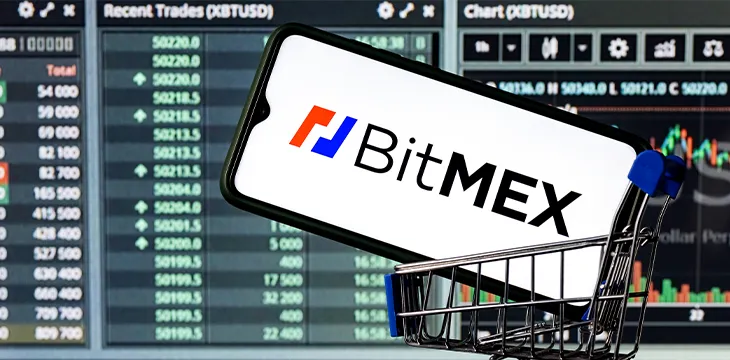|
Getting your Trinity Audio player ready...
|
A former top executive at BitMEX digital assets exchange has pleaded guilty to flouting basic know-your-customer (KYC) and anti-money laundering (AML) programs, changing his plea from earlier this year.
Gregory Dwyer admitted to violating the Bank Secrecy Act (BSA), becoming the fourth ex-BitMEX exec to plead guilty to the charges. Earlier this year, Dwyer had pleaded innocent, termed the charges ‘baseless,’ and vowed to put up a vigorous defense against them.
Dwyer was the first employee the three BitMEX founders hired at the exchange, back when it was just a small startup. He would rise up the ranks to become the head of business development at some point.
Dwyer is the fourth person to plead guilty to violating BSA at BitMEX, following in the steps of the three co-founders—Arthur Hayes, Ben Delo, and Sam Reed—all of whom changed their pleas after first claiming to be innocent. All three were looking at up to five years behind bars for their crimes, but all managed to avoid jail time after their pleas, a pattern Dwyer must certainly be counting on.
As CoinGeek reported, Hayes got two years of probation, the first six months of which must be served under home detention. Ben Delo received an even lighter sentence at 30 months of probation, while Sam Reed received 18 months probation.
While Dwyer is unlikely to get any jail time, the U.S. Justice Department still counts it as a win and believes it will set an example.
“Today’s plea reflects that employees with management authority at cryptocurrency exchanges, no less than the founders of such exchanges, cannot willfully disregard their obligations under the Bank Secrecy Act,” Manhattan U.S. Attorney Damian Williams stated, commenting on the plea.
The 39-year-old was set to have his day in court in October. However, with his plea, he has avoided a trial and will be sentenced on November 10.
The sentencing will be the culmination of an action that started back in October 2020 when U.S. regulators accused BitMEX of violating basic AML and KYC requirements. As the charges against the exchanges revealed, it had pledged to stop serving U.S. users, but its efforts to prevent them from accessing its platform were half-hearted and easy to bypass. As such, U.S. customers had traded on BitMEX for years after the exchange claimed to have left the country.
Follow CoinGeek’s Crypto Crime Cartel series, which delves into the stream of groups from BitMEX to Binance, Bitcoin.com, Blockstream, ShapeShift, Coinbase, Ripple,
Ethereum, FTX and Tether—who have co-opted the digital asset revolution and turned the industry into a minefield for naïve (and even experienced) players in the market.

 07-14-2025
07-14-2025 





